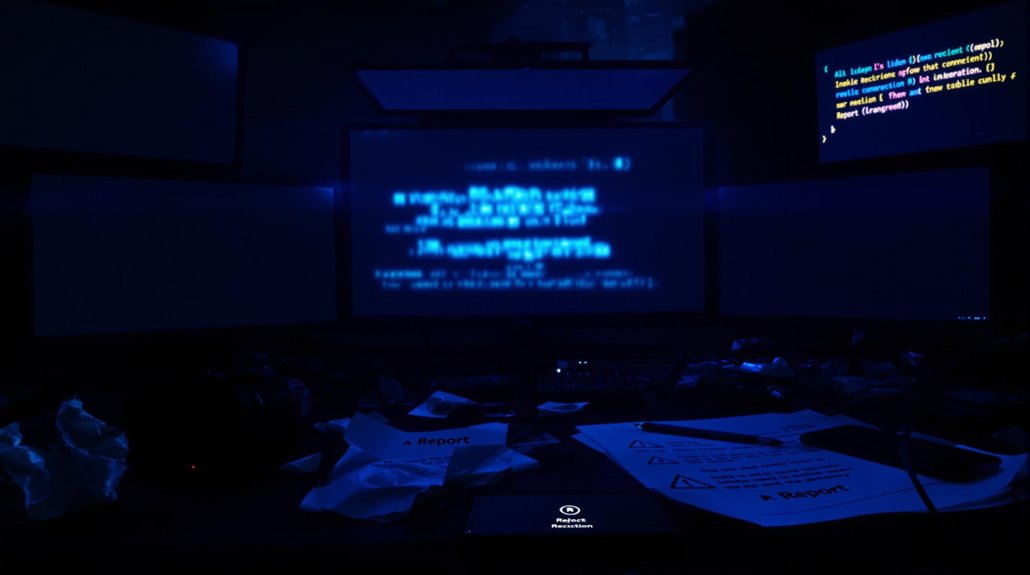UK writers are demanding government action after Meta allegedly used millions of pirated books to train AI systems. The company accessed LibGen’s database containing 7.5 million unauthorized books, ignoring internal legal concerns. Authors like Richard Osman and Rowan Coleman have expressed outrage, with the Society of Authors calling Meta’s behavior “appalling.” Writers want stronger copyright protections and compensation mechanisms. The controversy highlights growing tensions between tech giants and creative professionals in the digital age.
Furious British authors are calling for immediate action against tech giant Meta after court documents revealed the company knowingly used millions of pirated books to train its AI systems. Evidence shows Meta accessed the LibGen database containing 7.5 million pirated books instead of properly licensing the content, despite internal discussions about legal options.
The revelations have sparked outrage across the UK literary community. Bestselling author Richard Osman urged writers to band together, while author Rowan Coleman discovered all her books in the database. Many writers report feeling “absolutely sick” and “very angry” about the unauthorized use of their work. Meta’s actions show a clear disregard for copyright laws as they chose to use pirated content despite knowing its origins.
“It’s devastating to struggle paying bills while tech billionaires profit from our stolen work,” said one midlist author who found both published and unpublished manuscripts in the database. The Society of Authors (SoA) called Meta’s behavior “appalling” and demanded compensation for affected writers.
Meta has defended its actions, claiming “fair use of copyrighted materials is crucial” to AI development. The company reportedly believed it could use a “fair use exception” defense if legally challenged, with Mark Zuckerberg allegedly approving use of the LibGen dataset. Current legal frameworks remain unclear as partial copyright protection may apply when humans significantly contribute to AI-generated content.
Several legal actions are already underway. In 2023, author Sarah Silverman joined others in filing a lawsuit against Meta. The Publishers Association is now considering its next steps, while Cambridge University Press has condemned the company’s actions.
Writers are particularly frustrated by the UK government’s failure to strengthen copyright protections in the age of AI. They’re demanding stronger legislation, substantial fines, and compensation mechanisms to prevent future infringement.
The Creative Rights in AI Coalition is actively lobbying against such unlawful activities, with authors penning an open letter demanding accountability from big tech companies. The industry’s response will gain momentum at the upcoming Bologna Book Fair where an AI conference on April 1 will address these pressing issues.
There’s growing concern that without decisive action, the long-term viability of professional writing is at risk, especially for lesser-known authors who describe piracy as a potential “career-killer.”









